Filter by
SubjectRequired
LanguageRequired
The language used throughout the course, in both instruction and assessments.
Learning ProductRequired
LevelRequired
DurationRequired
SkillsRequired
SubtitlesRequired
EducatorRequired
Explore the Programming Basics Course Catalog
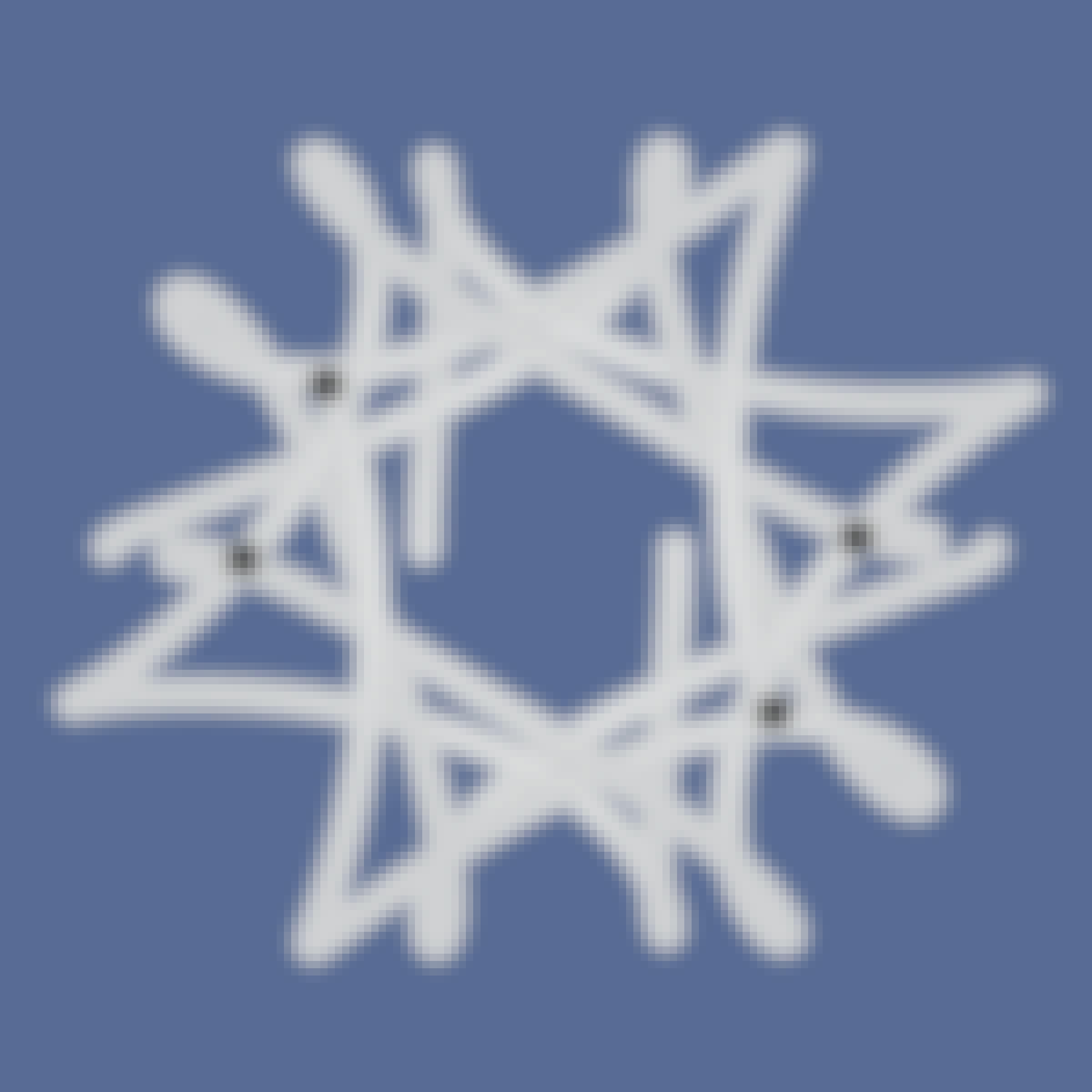 Status: Free
Status: FreePrinceton University
Skills you'll gain: Programming Principles, Computer Programming, Object Oriented Programming (OOP), Performance Tuning, Data Structures, Java Programming, Java, Computational Thinking, Computer Science, Algorithms, Animations, Debugging
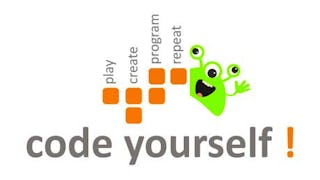 Status: Preview
Status: PreviewThe University of Edinburgh
Skills you'll gain: Software Engineering, Software Development, Programming Principles, Software Design, Game Design, Event-Driven Programming, Computer Programming, Animation and Game Design, Debugging, Computational Thinking, Algorithms
 Status: NewStatus: Free Trial
Status: NewStatus: Free TrialSkills you'll gain: Object Oriented Programming (OOP), Object Oriented Design, Java, Java Programming, File Management, Application Development, Maintainability, Software Design, Development Environment, Program Development, Data Storage Technologies, Application Design, Programming Principles, Computer Programming, Data Structures, Data Management, Integrated Development Environments, Debugging
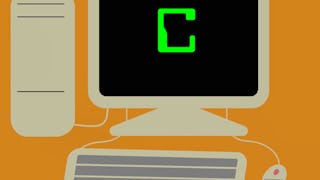 Status: Free Trial
Status: Free TrialUniversity of California, Santa Cruz
Skills you'll gain: Debugging, C (Programming Language), Code Review, Data Structures, Computer Programming, Computer Science, Computational Thinking, Integrated Development Environments, Software Technical Review, Algorithms
 Status: Preview
Status: PreviewUniversity of Leeds
Skills you'll gain: Programming Principles, Python Programming, Computer Programming, Scripting, Automation, Scripting Languages, Algorithms, Debugging, Development Environment
 Status: Preview
Status: PreviewUniversity of Toronto
Skills you'll gain: Programming Principles, Debugging, Software Documentation, Python Programming, Computer Programming, Program Development, Integrated Development Environments, Data Structures, File Management
What brings you to Coursera today?
 Status: NewStatus: Free Trial
Status: NewStatus: Free TrialSkills you'll gain: Game Design, Software Development, Development Environment, Software Documentation, Data Validation, Javascript, Debugging, Maintainability, Data Structures, Software Design, Computer Programming, Data Management
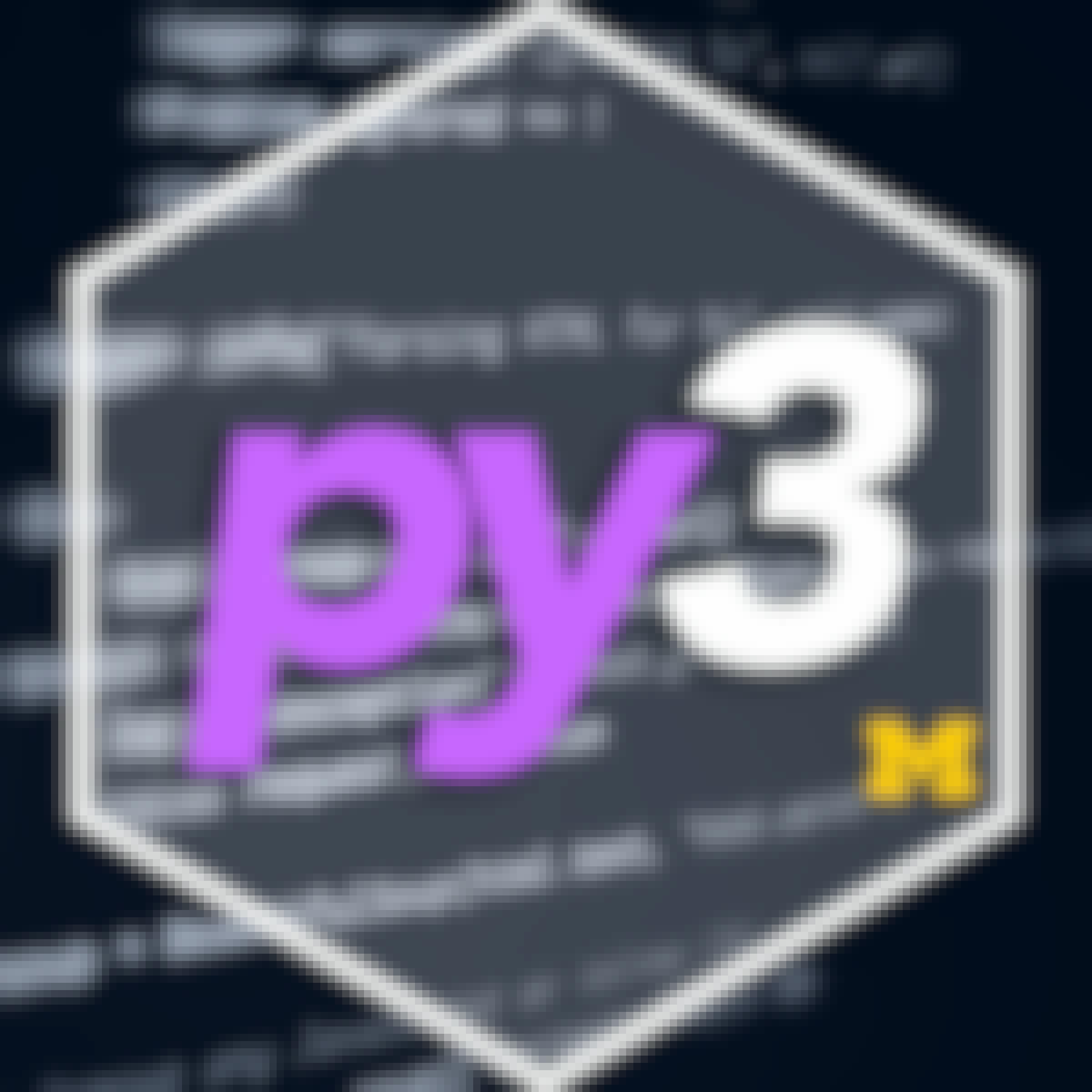 Status: Free Trial
Status: Free TrialUniversity of Michigan
Skills you'll gain: Debugging, Programming Principles, Python Programming, Data Structures, Scripting Languages, Computer Programming, Pseudocode, Computer Graphics
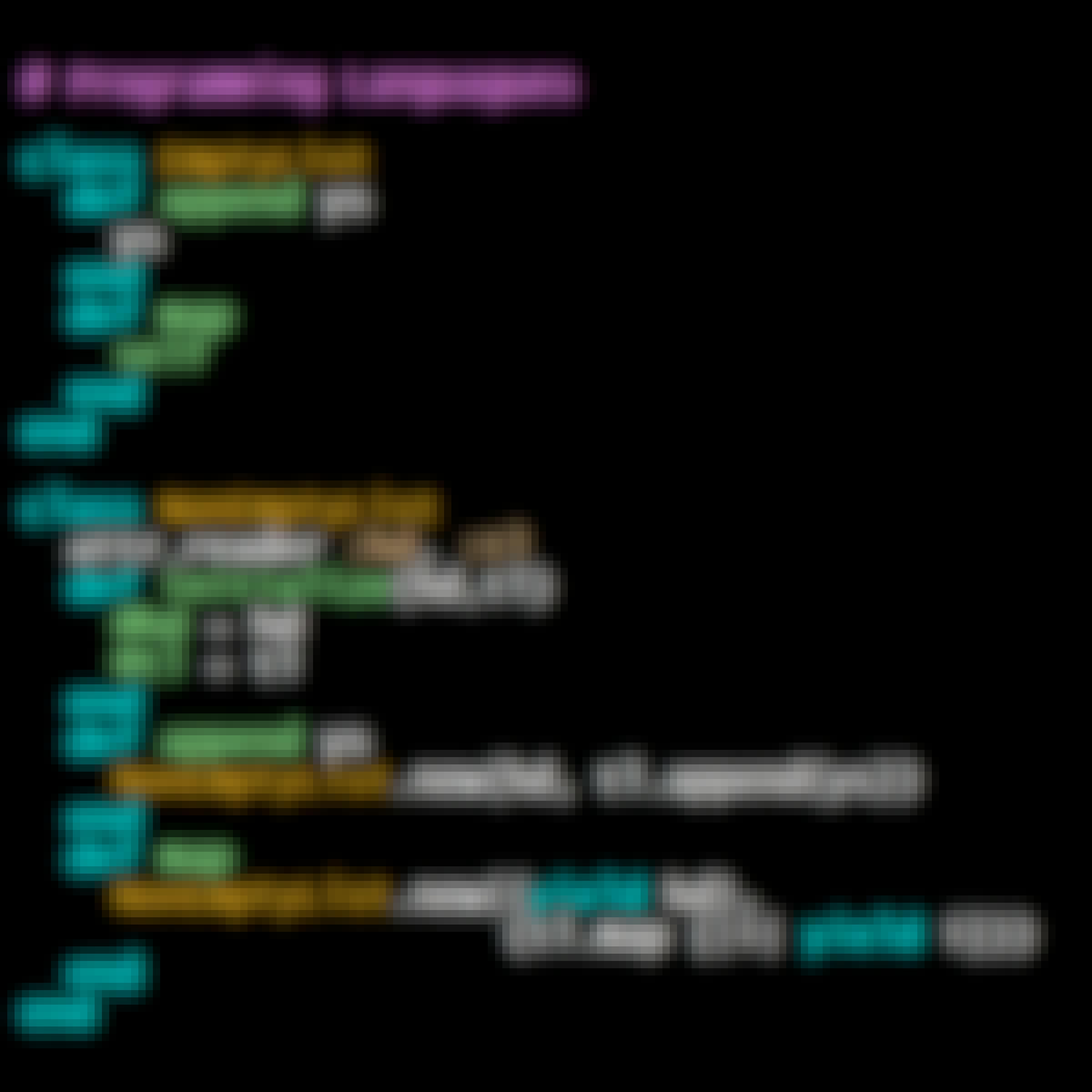 Status: Preview
Status: PreviewUniversity of Washington
Skills you'll gain: Ruby (Programming Language), Other Programming Languages, Object Oriented Programming (OOP), Computer Programming, Programming Principles, Functional Design, Computational Thinking, Software Design Patterns, Theoretical Computer Science, Debugging
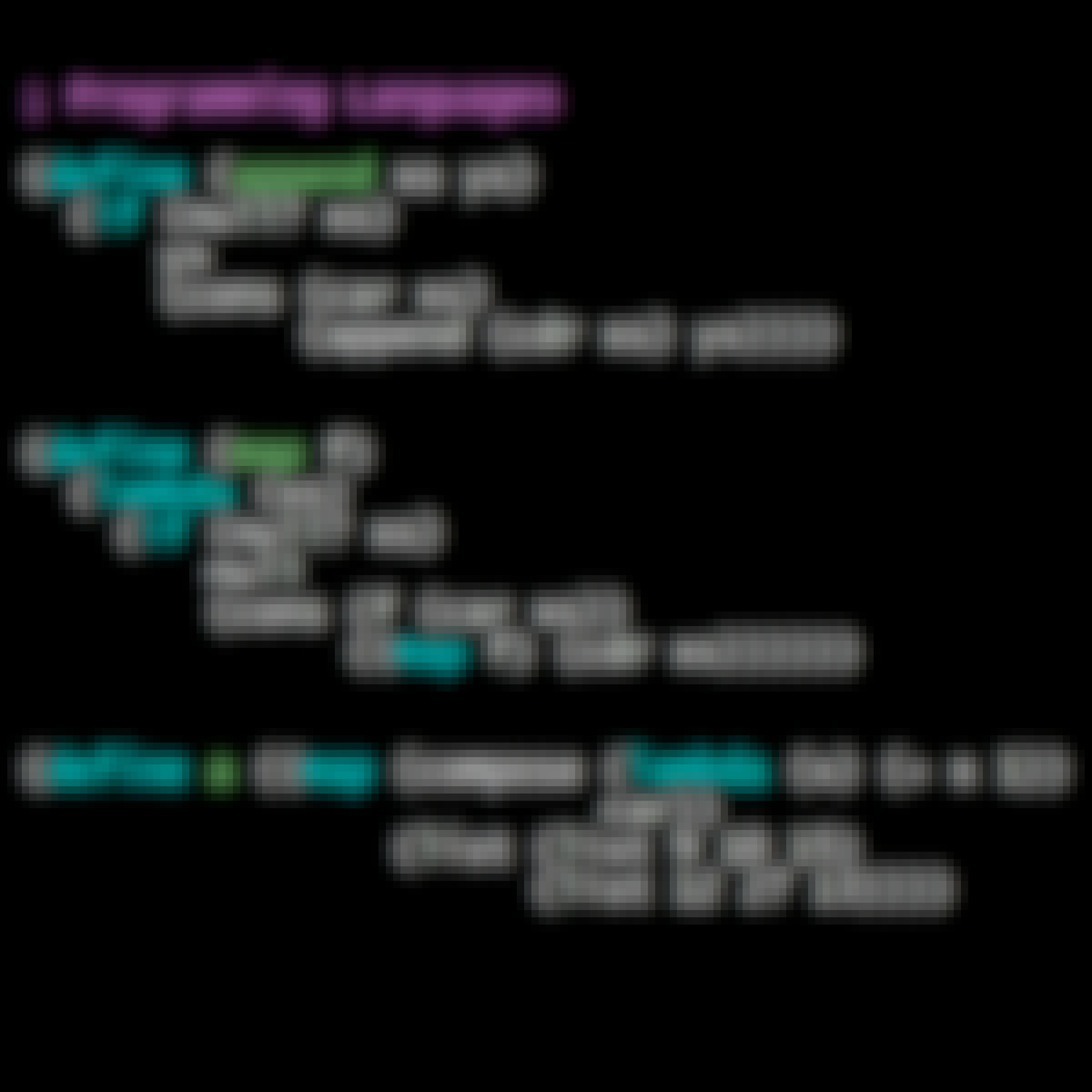 Status: Preview
Status: PreviewUniversity of Washington
Skills you'll gain: Other Programming Languages, Software Design, Ruby (Programming Language), Programming Principles, Data Structures, Software Architecture, Computer Programming, Functional Design, Debugging
 Status: Free Trial
Status: Free TrialSkills you'll gain: Unified Modeling Language, Visual Basic (Programming Language), Database Management, System Software, Databases, Relational Databases, Algorithms, Computer Architecture, Network Security, Computer Hardware, SQL, Computer Science, Development Environment, Data Structures, Object Oriented Programming (OOP), Object Oriented Design, Program Development, Computer Programming, Data Modeling, Microsoft Development Tools
 Status: NewStatus: Free Trial
Status: NewStatus: Free TrialSkills you'll gain: Programming Principles, Development Environment, Scripting Languages, Integrated Development Environments, Software Development Tools, Style Guides
Programming Basics learners also search
In summary, here are 10 of our most popular programming basics courses
- Computer Science: Programming with a Purpose: Princeton University
- Code Yourself! An Introduction to Programming: The University of Edinburgh
- Java Programming Fundamentals: IBM
- C for Everyone: Programming Fundamentals: University of California, Santa Cruz
- An Introduction to Programming using Python: University of Leeds
- Learn to Program: The Fundamentals: University of Toronto
- Introduction to JavaScript Programming: Microsoft
- Python Basics: University of Michigan
- Programming Languages, Part C: University of Washington
- Programming Languages, Part B: University of Washington










